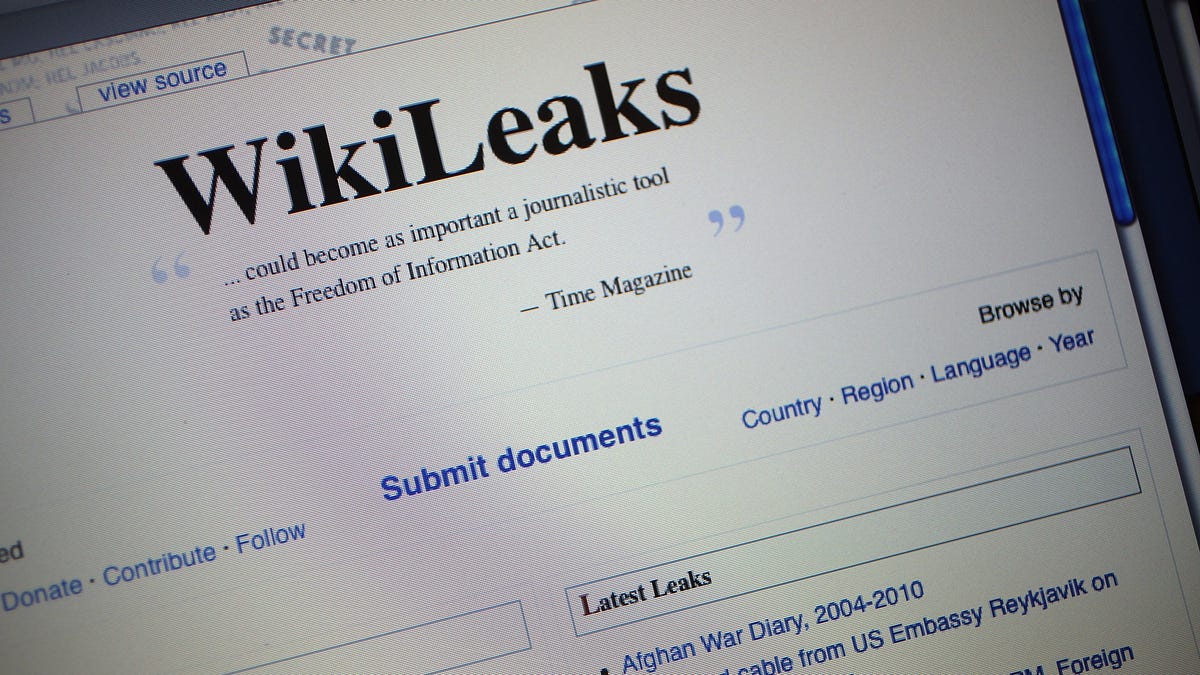Turkey blocks WikiLeaks after it publishes 300,000 government emails
Blocking access to certain corners of the internet is a common response to political events in Turkey.

WikiLeaks published government documents following a failed military coup.
WikiLeaks was blocked in Turkey on Wednesday, the site said, after it published thousands of emails from the country's ruling party following a failed military coup last weekend.
The move comes hours after WikiLeaks, known for publishing classified government and military info, made public nearly 300,000 emails and 500,000 documents from President Recep Tayyip Erdogan's ruling Justice and Development Party (AKP) dating back to 2010. Originally their publication was scheduled for a later date, but WikiLeaks said on Tuesday it published them early "in response to the government's post-coup purges."
Turkey's Telecommunications Communications Board said on Wednesday that it had taken an "administration measure" against WikiLeaks, according to Reuters. This will prevent Turkish citizens nationwide from reading the correspondence on WikiLeaks unless they use a VPN, or virtual private network, to get around the block.
Turkish people are well accustomed to social networks and media being blocked. On Friday, the Turkish military reportedly began shutting down internet services like Facebook and Google during the coup attempt. After announcing plans to release the AKP emails, WikiLeaks on Monday said its site was under a "sustained attack" and suggested the Turkish government or its allies was the source.
Former NSA contractor Edward Snowden tweeted Wednesday about the blocking of WikiLeaks, suggesting that the validity of the leaked emails was proven by Turkey's attempts to retaliate.
Since the attempted coup, the Turkish government has cracked down on internet activity and detained thousands of police, judges, prosecutors, teachers and university staff.

